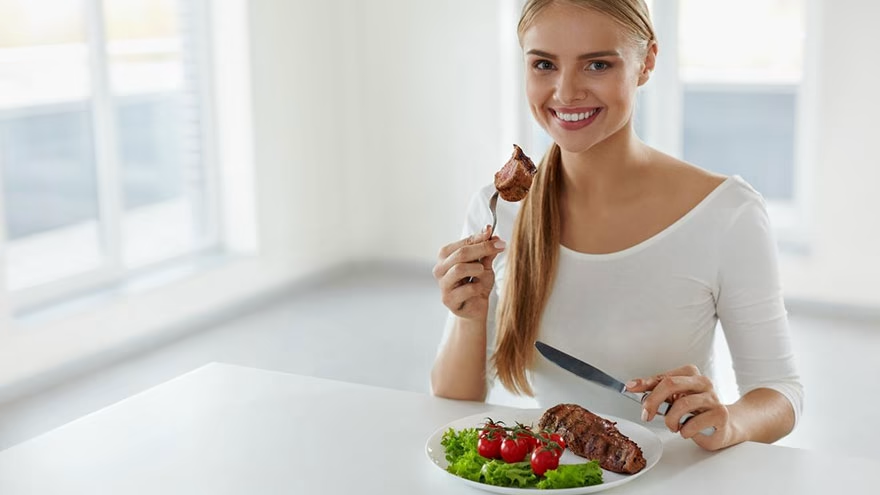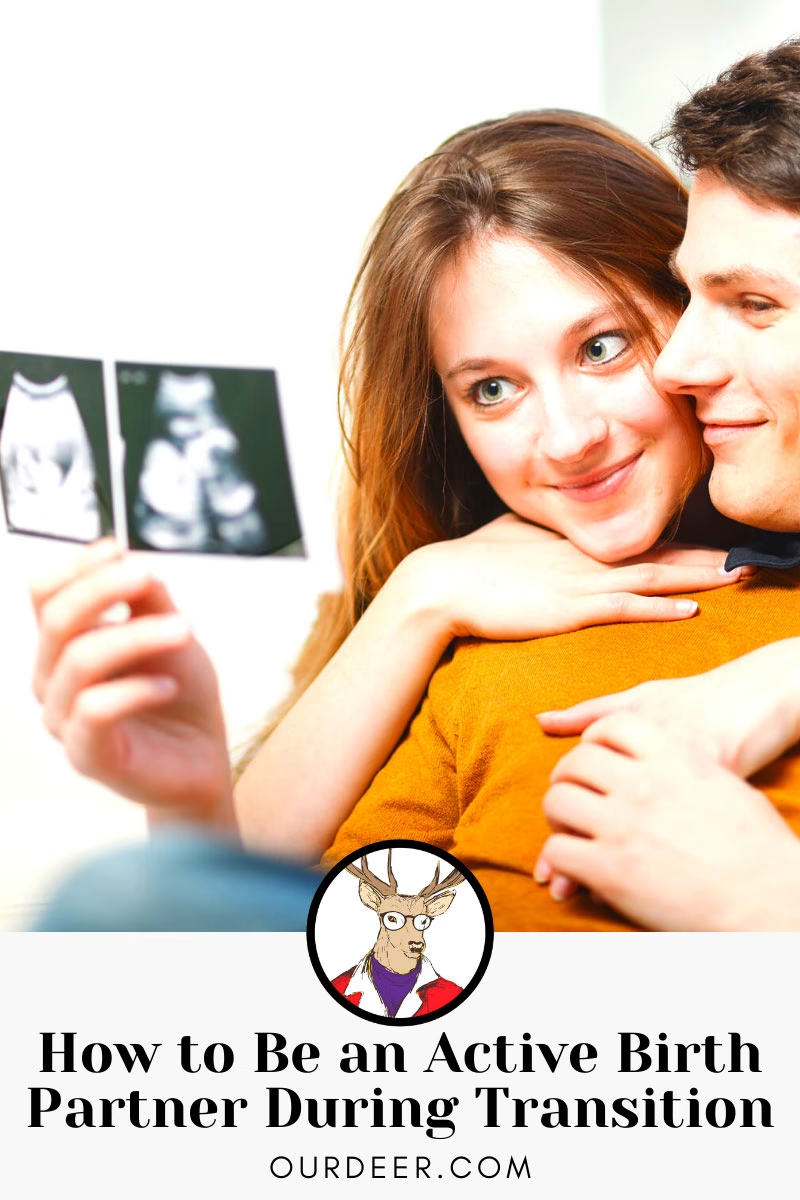
Balanced Meals
Eat a wide array of healthy foods, and eat from all the food groups. You may not want to gain excess weight or raise your cholesterol, but don't cut fat out of your diet entirely. Instead, eat healthful fats, like nuts and avocado.Eat whole grain bread and cereals, especially if you suffer from polycystic ovary syndrome (PCOS); research shows that the insulin surge caused by eating refined carbohydrates can make PCOS worse and lead to irregular ovulation, which could make it harder for you to conceive.
Have plenty of fresh fruit; blueberries and raspberries in particular have lots of antioxidants. Consume lots of vegetables, especially dark green and orange varieties like spinach, kale and squash--they're packed with vitamins.
Your dairy intake should be low-fat; go easy on the cheese, but don't cut it out completely. You can have sweets occasionally--but the key word is occasionally. There's really no nutritional value in sweets, and you don't want to fill up on something that's not giving your body nourishment.
What You Shouldn't Eat
Again, don't eat too many refined carbohydrates, like white bread and sweetened baked goods. Steer clear of foods with preservatives, and eat organic food rather than produce that may be treated with pesticides or meat that may contain hormones. Pick dairy items that haven't been treated with ox-like development hormone, or rBST.Limit your exposure to potentially harmful substances right from preconception.
Tragically, you additionally need to back off of fish. Even though it's packed with nutrients, certain varieties are also very high in mercury. The central guilty parties are swordfish, tilefish, ruler mackerel and shark.
Mercury levels build up in your body over time, and can take more than a year to go back to a safe amount. That's why it's best to eat fish in moderation even before you get pregnant. The FDA recommends you eat up to 12 ounces a week of low-mercury fish and shellfish like canned light tuna, salmon and shrimp.
You might also want to stop eating sushi for the time being. Opinions differ on whether raw fish or shellfish is harmful to women who are pregnant or who could become pregnant. It could make you sick, but it's not certain that your sickness would have an effect on your fetus. Make sure to consider your mercury levels when eating sushi, on the off chance that you decide to keep eating it.
Folic Acid
Folic acid is the number-one supplement you should be taking before you get pregnant. Research has shown that a fetus is much less likely to develop neural tube defects like spina bifida if a mother is taking folic acid. Since you probably won't know exactly when you're going to conceive, begin taking folic acid before you start trying.The FDA recommends taking 400 micrograms (mcg) a day, starting at least one month before you begin trying to get pregnant.
Don't exceed 1,000 mcg daily. Begin taking a prenatal vitamin now; specialists at the Mayo Clinic recommend you do so if you're trying to conceive. Folic acid should be included in that prenatal vitamin--if it isn't, buy a separate folic acid supplement. Your PCP can even recommend you pre-birth supplements on the off chance that you wish.
Drinks
You can still have a glass of wine every so often, but go easy. The equivalent goes for sugary soft drinks and stimulated beverages. Make sure the artificial sweeteners in your diet soda are approved for pregnant women to drink: the FDA has approved aspartame and sucralose, but recommends caution when using saccharin and stevia.It's not clear whether caffeine intake affects fertility, but the American College of Obstetricians and Gynecologists recommends women who are pregnant or might become pregnant consume no more than 300mg of caffeine a day, which is equivalent to about three cups of coffee. Drink eight 8-ounce glasses of water a day.
Other Supplements
There's a lot of folk wisdom out there when it comes to foods and supplements that can actually help you conceive. A few ladies depend on green tea, drinking a few cups every day. A 1998 study conducted by Kaiser Permanente, and published in the "American Journal of Public Health," indicated that the chances of conceiving doubled for women who drank more than half a cup of caffeinated green tea containing caffeine per day.Vitex, or chasteberry, is an herbal supplement that can regulate ovulation, according to a study published in the "Quarterly Review of Natural Medicine" in 1997. Check with your medical professional before using any of these foods or supplements, in case they conflict with medicine you're already taking or are contraindicated for other reasons.
You Might Also Like :: How to Survive the Last Week of Pregnancy
Save for later
Found this helpful?
Pin this article to your Pinterest board and come back to it whenever you need a reminder.
Save to Pinterest


